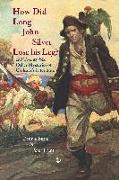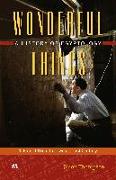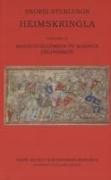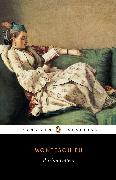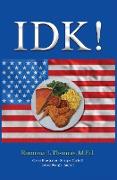- Start
- How Did Long John Silver Lose his Leg : and Twenty-Six Other Mysteries of Children's Literature
How Did Long John Silver Lose his Leg : and Twenty-Six Other Mysteries of Children's Literature
Angebote / Angebote:
How did Long John Silver Lose His Leg?' is a diverting tour through some of the best-loved classics of children's literature, addressing many of the unanswered questions that inspire intense speculation when the books are laid down. Could Bobbie's train really have stopped in time ('The Railway Children')? Did Beatrix Potter have the 'flu in 1909, and did this lead to a certain darkness in her work ('The Tale of Mr Tod')? Would the 'rugby football' played by Tom Brown be recognised by sportsmen today ('Tom Brown's Schooldays')? The authors speculate entertainingly and informatively on the anomalies and unexplained phenomena found in children's literature and, having established the cultural importance of children's books in the modern age, also consider the more serious issues raised by the genre. Why are we so defensive of the idyllic worlds presented in children's books? Why have some of our best-loved authors been outed as neglectful parents to their own children? Should we ever separate the book from its creator and appreciate the works of writers convicted of crimes against children?A treat for any enthusiast of children's literature, two of the most distinguished writers on the subject provide rich detail, witty explication, and serious food for thought.Dennis Butts has taught Children's Literature at Reading University and is a former Chairman of The Children's Books History Society. He is co-editor of 'From the Dairyman's Daughter to Worrals of the WAAF' (The Lutterworth Press, 2006).Peter Hunt is Professor Emeritus at the School of English, Cardiff University, Visiting Professor at Newcastle University, and Visiting Professor at the Università Ca' Foscari, Venice. In 2003 he was awarded the Brothers Grimm Award for services to children's literature, and in 1998 the Distinguished Scholarship Award, International Association for the Fantastic in the Arts. 'This is a book that wears its learning lightly but offers much in the way of cultural insight and some serious reflections on the condition and future of the children's book in a digital age.' Professor Kimberley Reynolds, School of English Literature, Language and Linguistics, Newcastle University. 'An imaginative and clever book that showcases some of children's literature's most beloved classics and the mysteries and puzzles they contain . . . a work certain to delight and inform children's book lovers of every age.' Professor Lynne Vallone, Department of Childhood Studies, Rutgers University.
Folgt in ca. 15 Arbeitstagen
